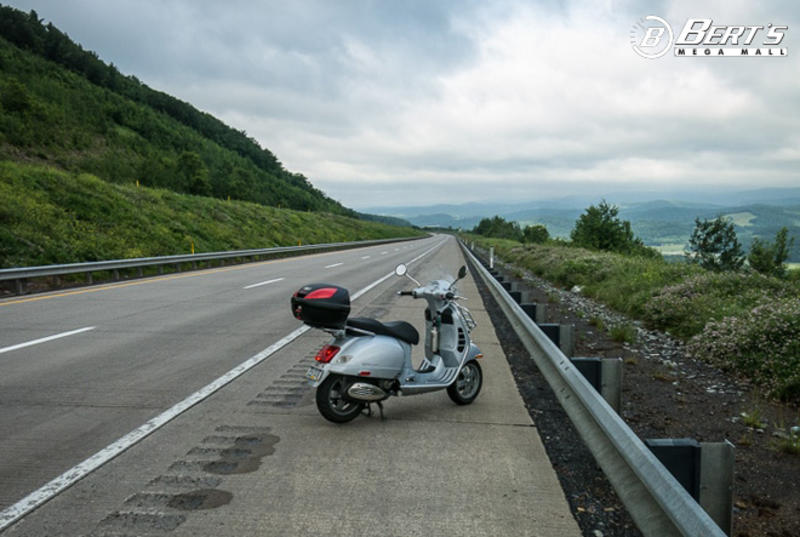When it comes to navigating the open road, many may wonder whether their trusty scooter is highway legal. The answer is not as straightforward as you might think. There are several considerations to take into account before you zip onto the fast lane. Today, we’re delving into the legalities, safety concerns, and tips for riding a scooter on the highway.

Credit: nypost.com
Legal Requirements for Scooters on Highways
| Criteria | Description |
|---|---|
| Engine Size | Most states require scooters to have a certain engine size, typically over 50cc, to be highway legal. |
| Speed Capabilities | It’s required that scooters maintain a minimum speed, usually about 30-40 mph, to ride on a highway. |
| License Type | Operators must have a motorcycle endorsement or a specific scooter license in some regions. |
| Equipment | Scooters must be equipped with certain features such as mirrors, turn signals, and brake lights. |
| Registration and Insurance | Like all vehicles on the highway, scooters must be registered and properly insured. |
It’s important to note that specific requirements can vary greatly from state to state, and it’s imperative to check local laws before venturing onto a highway on a scooter.
Safety Considerations for Highway Scooter Riding
- Visibility: Scooters are smaller than most vehicles, making it essential that riders wear bright, reflective clothing and ensure their scooter’s lights are working properly.
- Rider Skill Level: Handling a scooter at high speeds among larger vehicles requires experience and confidence. New riders should gain experience on slower roads before attempting highway travel.
- Weather Conditions: Scooters are more susceptible to being affected by bad weather. Riders should avoid the highway during inclement weather conditions.
- Helmet and Protective Gear: Always wear a DOT-approved helmet and protective clothing, such as a jacket, gloves, and boots designed for motorcycle riders.
Is Your Scooter Designed For The Highway?
Some scooters are designed with the highway in mind, offering higher engine power, greater stability, and more durable tires. These features make them more suitable for long-distance travel at higher speeds. However, traditional low-powered scooters are not built for the wear and tear of highway speeds.
Tips For Highway Riding
- Stay in the right lane where possible to allow faster traffic to pass.
- Use hand signals in addition to turn signals to make your intentions clear.
- Keep a safe distance from other vehicles, especially large trucks and buses.
- Regularly check your mirrors and be aware of your blind spots.
- Be mindful of road conditions and potential hazards.
Frequently Asked Questions On “Can You Ride A Scooter On The Highway”
Is Scooter Highway Riding Legal?
Depending on the region, scooters may be prohibited on highways if they cannot meet minimum speed requirements or if local laws restrict them.
What’s The Minimum Cc For Highway Scooters?
Typically, a scooter must have at least 150cc to 250cc to be highway legal, but specific cc requirements can vary by jurisdiction.
How Fast Can Highway Scooters Go?
Highway-legal scooters can often reach speeds of 60 to 80 mph, but this may differ based on the scooter’s engine size and design.
Are Electric Scooters Allowed On Highways?
Electric scooters are generally not allowed on highways since they typically cannot achieve the high speeds required for safe highway travel.
Conclusion
A scooter can be an excellent means of transportation, but when it comes to highway riding, it’s essential to follow the law and prioritize safety. Always ensure your scooter meets the legal requirements and that you’re prepared and experienced enough to handle high speeds amongst larger vehicles. By taking the right precautions and respecting traffic laws, you can enjoy the thrill of the highway on your scooter safely and legally.

